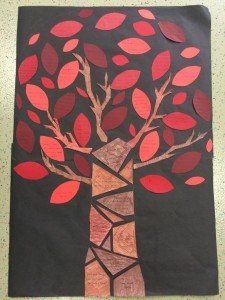Being an IB art student, every time when I do a comparative study, the first thing I have to do is to do research on the context of the artwork. I think it is very important to know the cultural and historical context of an artwork. For me, art is a form of communication, if you don’t know the context of the artwork, you will not get the message the artist want to tell or just understand a really shallow meaning.
Just take one of Picasso’s most famous works, Guernica, for instance. When I first see the painting Guernica, it just seems to be a combination of abstracted man and livestock in depressing black and white colors, with almost no knowledge I can gain. However, for the people looking at the historical context (in 1937, 18 years after the first world war) and the artist’s personal experience, this artwork can have so many meanings and it becomes one of the most controversial artworks in the world.
Many artworks and styles being well-known are not because of the aesthetic values, but they can bring knowledge of other areas of knowledge, such as in history and science, which you also need to know the context to understand. For example, the art during the Renaissance is not only important of its artistic values, but historians could also find evidences of history in those works: the change in themes from gods to people reflects an increasing concern in human and their rights; also, Da Vinci’s sketches of human body dissects and machineries can show the science at that time and how brilliant was his mind. And for all these kind of knowledge you need to know the social and historical context in order to interpret them, or else you won’t be surprised by how the sketches can be drawn so accurately in that time or how advanced were the minds, nor how much improvement was it for human civilization.
Art is not just about how it entertains our sense; it emerges in the beginning of our civilization and will exist over the future. Besides the artistic values, it should have more information and knowledge included in its context. So I think, it is very important to know about the context of an artwork to claim that we have the knowledge of it.

